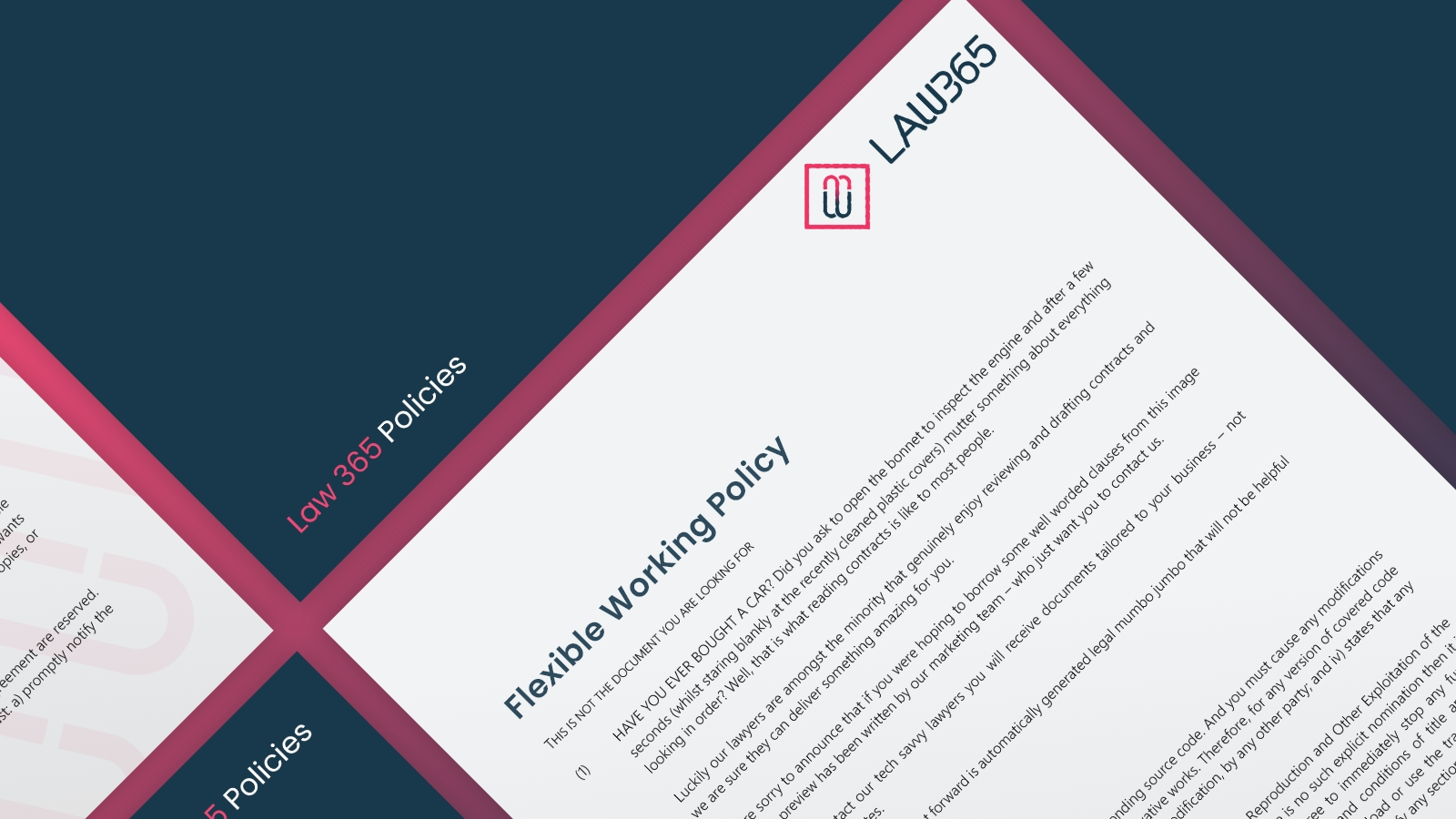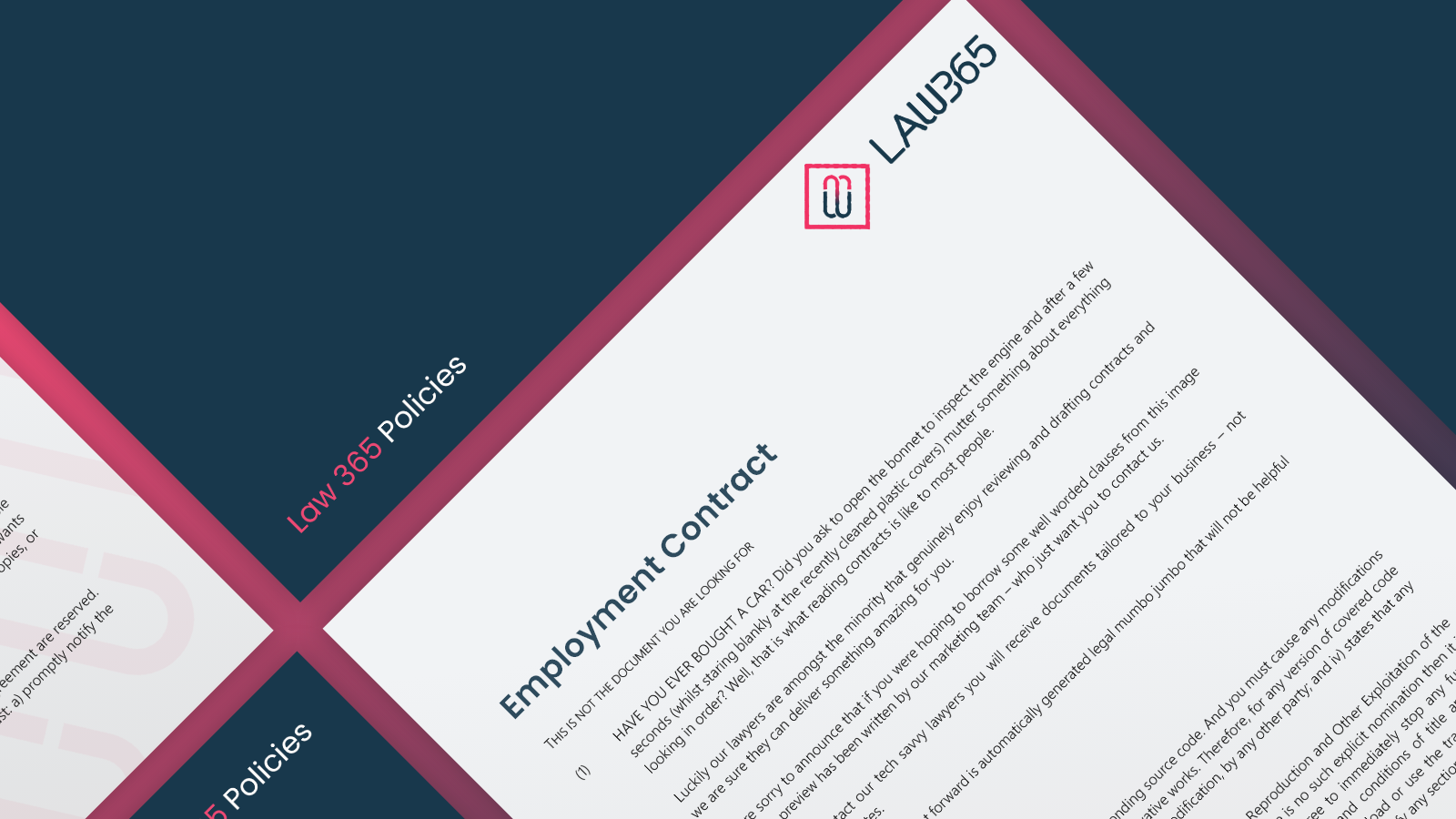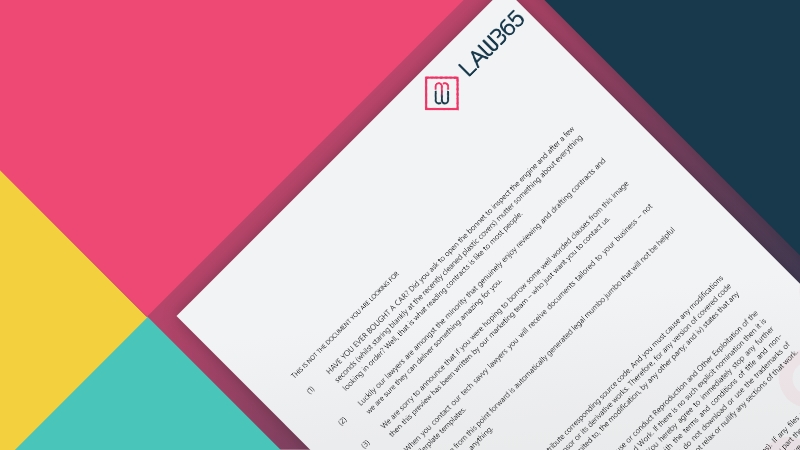
Table of contents
View the contents of a
Key facts
Get the key facts for a
Frequently Asked Questions
A: This is a difficult question to answer because it all depends on the employee, the employer’s resources and the circumstances which have given rise to a settlement agreement.
For example, one factor would be whether the employee has a strong claim against the employer or is very well paid. How long the employee has worked at the company will be a factor too.
A: It depends on what the payments are for. Payments due under your contract of employment such as notice pay, regular salary and holiday pay are subject to tax and National Insurance deductions.
However, compensation for loss of employment and redundancy pay aren’t subject to tax normally. Termination payments (outside your contract) generally are tax-free and NI free up to £30,000.
A: It is entirely possible for both parties to mutually terminate a settlement agreement; they may want some formalities like signing a deed of termination.
However, both parties would need to consider what terminating the Settlement agreement would mean. Does the employee return to work and pay back the termination payment? What about the tax already paid? What about any claims the employee has against the employer – could they now bring them in the Tribunal?
A: A Settlement Agreement doesn’t need to be witnessed, however under the Employment Rights Act 1996 an employee must seek legal advice and the advisor must be identified in the agreement before it can be effective.
Also, if the agreement is a special type of contract – a deed – there are special requirements including needing the agreement to be witnessed.
Used by
Contact us
Other documents we can help you with...




